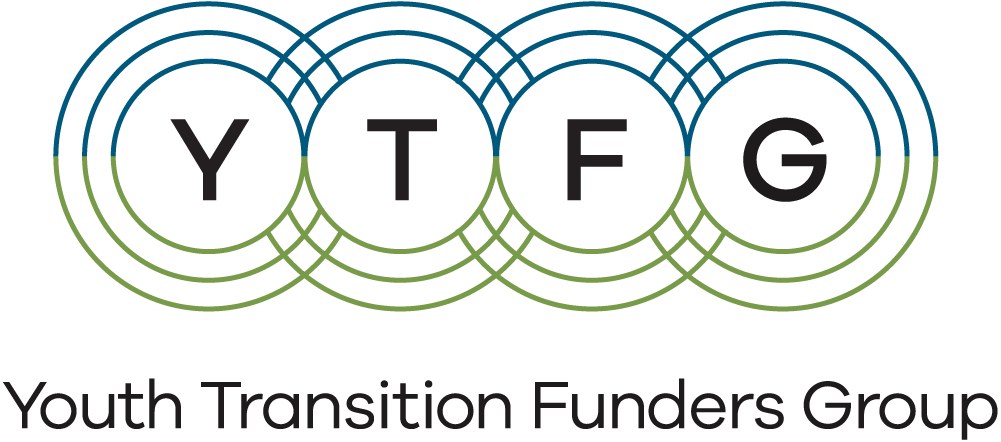Nine Ways to Improve Federal Policies and Program Practices to Support Young Parents
Following is a set of recommendations from the YTFG Fellows to help transform policies and practices that are rooted in blame, surveillance and control into systems that respect, value and support young parents.
Parents should be able to access benefits without fear of negative consequences or blame (e.g., TANF, nutrition support, child care and/or housing support). Ensure high quality and skilled staff and create and sustain a culture of respect and empathy. Remove requirements that require you to disclose private information to employers, teachers, landlords.
Parenting supports should help to build community, not require you to disconnect and isolate from community and trusted relationships. Policies should not require you to move from family or out of your community to receive support.
Policies (and benefit levels) should allow you to grow and thrive – not simply survive. Remove asset limits that prevent you from saving. Policies should not penalize young parents from receiving support from their own parents, relatives or friends. Young parents should not be denied support if their parents also receive benefits. Ensure transparency in what counts (and doesn’t count) as income. Expand EITC that reflects each state’s cost of living.
Respect the role of minor parents. Minor parents are held to adult standards and are subject to adult consequences, yet can’t access many of the supports available to adults with children. Policies should automatically grant parental authority to minor parents to make medical decisions for children and provide presumptive eligibility for housing supports and government benefits.
Expand child care supports. Eliminate wait lists for child care. Create greater flexibility in benefit program requirements that acknowledges and respects parenting roles (e.g. required evening program participation must provide child care).
Create more housing options that allow young parents to live with their children (particularly in rural areas and for minor parents). Eliminate disqualification based on criminal records.
Link eligibility for benefits to role as a parent – not to the system you experienced. In some cases, being “identified” as having foster care experience brings qualification for benefits – but also threats of surveillance. Few supports are offered to young parents transitioning from justice systems though their needs are similar.
Provide support for mental health and wellness without threat or judgement.
Respect the choice of mothers in negotiating the role and involvement of fathers in their and their children’s lives. Eligibility for several support programs (including housing) requires divulging information to child support agencies, which can create stress and tension in relationships. Trust the mother to navigate relationships with fathers and assess risks and benefits in the best interest of their children.
